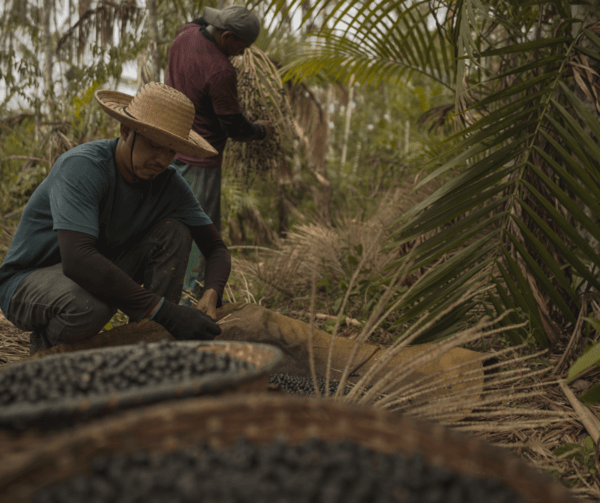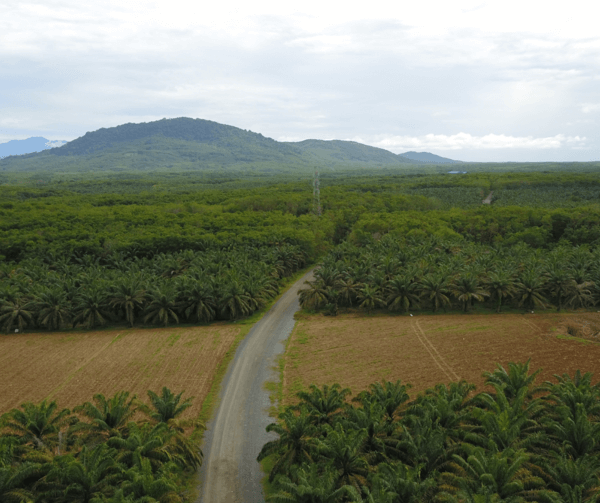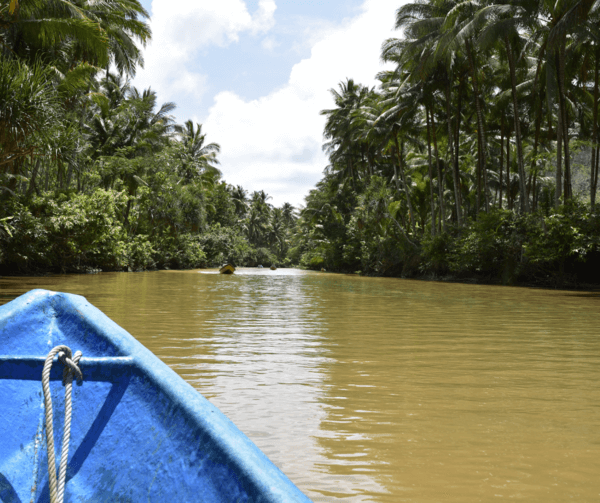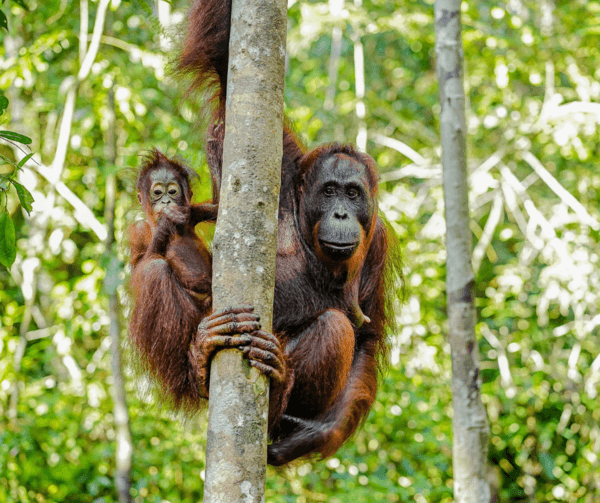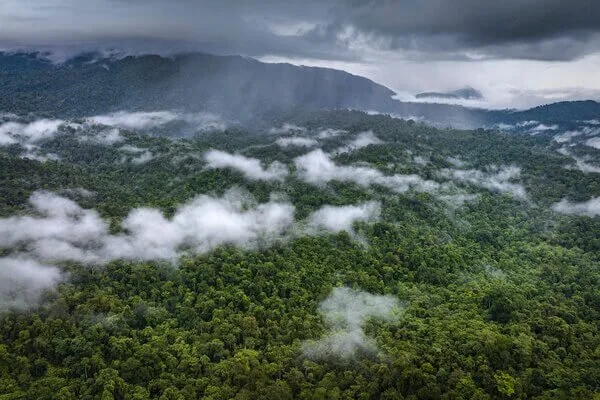Indonesia is making headlines with a large-scale deforestation initiative aimed at boosting national food and energy self-sufficiency. The project, which involves clearing millions of hectares of forest—an area roughly the size of Belgium—seeks to establish massive plantations for bioethanol fuel, sugar, and rice production.
We already talked about this plan, but recent news adds concerts about the environmental and social consequences of this initiative.
The Scope of the Project
The Indonesian government has designated over 4.3 million hectares of land, primarily in the Papua and Kalimantan regions, for conversion into food estates. This is part of a broader effort to reduce reliance on food imports and develop alternative energy sources. The initiative particularly focuses on sugarcane plantations for bioethanol fuel, which aligns with Indonesia’s goal of reducing fossil fuel dependence. However, it sure doesn’t match with Kaltimber’s values and the concerns we already laid out in a past article.
While the government argues that these food estates will enhance national resilience and economic growth, critics point out the devastating cost: the destruction of primary forests, loss of biodiversity, and disruption of Indigenous communities who rely on these forests for their livelihoods.
Environmental and Climate Impact
One of the most pressing concerns is the project's effect on carbon emissions. Deforestation releases vast amounts of stored carbon into the atmosphere, accelerating climate change. Government assessments estimate that land clearing could contribute at least 315 million tons of CO₂ emissions, while independent studies suggest even higher figures.
Additionally, the forests being cleared are home to unique ecosystems and endangered species, including orangutans and tree kangaroos. The loss of these habitats threatens already vulnerable wildlife populations. Although the government has proposed reforesting 6.5 million hectares of degraded land to offset the impact, experts argue that replanting trees cannot fully replace the ecological functions of old-growth forests.
Indigenous and Social Concerns
Beyond environmental issues, the project raises significant human rights concerns. Many Indigenous communities depend on these forests for food, medicine, and cultural practices. The large-scale conversion of land into plantations could lead to displacement, land conflicts, and loss of traditional ways of life.
Activists and NGOs have voiced concerns that these communities were not adequately consulted before the project’s implementation. The expansion of plantations may lead to land grabbing and conflicts, exacerbating social inequalities in the affected regions.
The Global Debate: Development vs. Conservation
Indonesia’s deforestation project highlights the ongoing tension between economic development and environmental conservation. The government sees the initiative as a necessary step to ensure food security and energy independence. Yet, environmentalists argue that the long-term costs—climate change, biodiversity loss, and Indigenous rights violations—far outweigh the short-term economic benefits.
As global attention turns to sustainable development, Indonesia faces a crucial choice: pursue large-scale deforestation for economic gain or find alternative ways to achieve food and energy security without sacrificing its invaluable forests. The world will be watching to see how this project unfolds—and whether the cost to nature is too high a price to pay.

